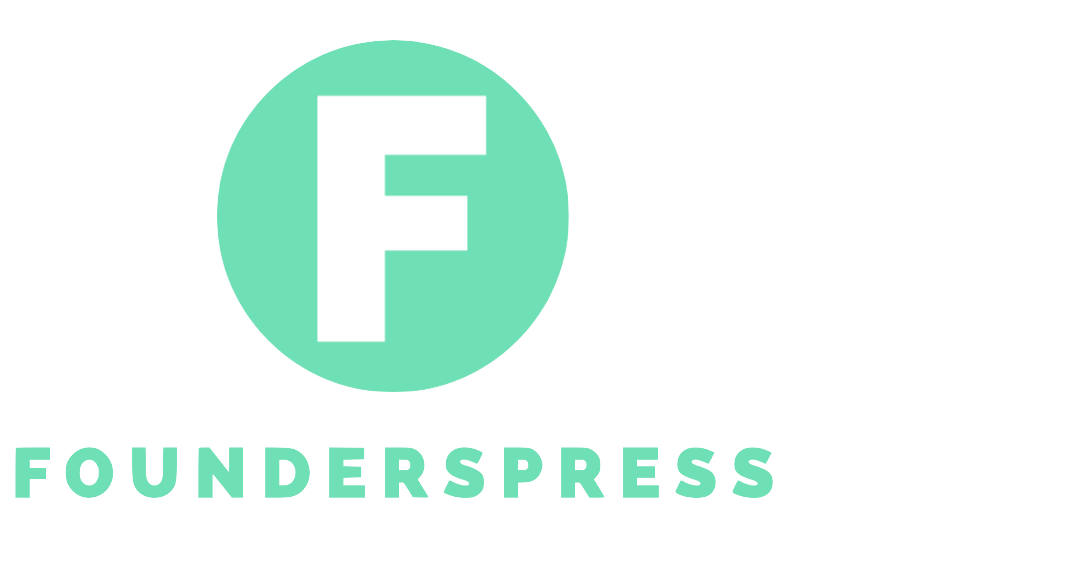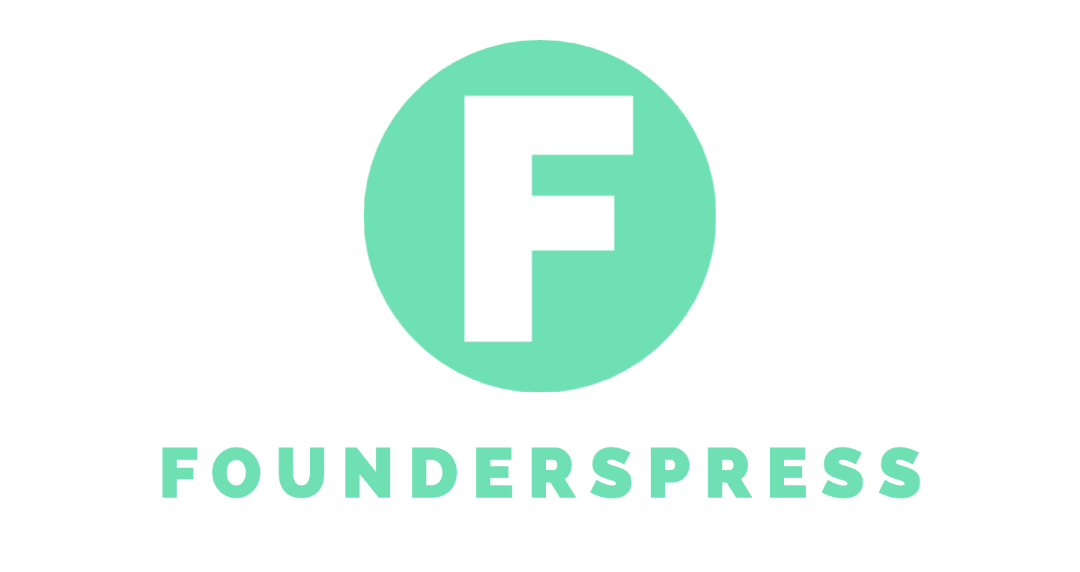
The concept of startup accelerators is compelling. Founders apply with their ideas, receive funding, and gain access to networks to accelerate their growth. In return, some accelerators take equity or charge a program fee for their services. The first startup accelerator in the world is believed to be none other than Y Combinator, which was created back in 2005. Paul Graham pioneered the entire concept of startup accelerators! Have you seen his Twitter? He’s truly the Roger Federer of startups. This pioneering program introduced the accelerator model and later gained popularity in the United States. Today, there are thousands of accelerators and incubators around the world. Incubators are designed for early-stage companies, while accelerators are typically for startups further along in their journey, meaning they have a co-founder, MVP, or some form of traction.
Finding the right startup accelerator can be overwhelming due to the abundance of programs and support resources available to founders. Currently, there are over 1,000+ accelerators and incubators listed in this startup directory. To provide clarity in finding and selecting the right accelerator, we asked these founders for their tips on finding the ideal startup accelerator or incubator for their startups.
8. Lindy Ledohowski, Former Founder at EssayJack

Dr. Lindy Ledohowski was the co-founder and CEO of EssayJack that was acquired by Wizeprep where she serves as a shareholder and advisor.
“The right accelerator will be a good fit for the stage of the startup. If you are really early stage – say pre-revenue – then you don’t want to find yourself in an accelerator that is focused on getting companies ready for growth at scale. So do a search for all the accelerators that focus on your company’s stage. Then reach out to them and see if they’ll connect you with companies that went through their program. Ask questions of other founders!”
Look for a program with mentors/coaches that have startup or entrepreneurial experience or a really great track record of portfolio companies that they’ve invested in that are similar to yours. The worst experience is a mismatch between what you need as a founder and a mentor who has a perspective that doesn’t mesh with your needs. Also, look at whether the accelerator wants equity and if so, whether it’s worth it to you to grant equity to them.”
7. Armin Faraji, Co-Founder at Node App

Node App is the Platform for brands to automate content production and distribution through a community of verified content-creators.
“It’s really important for founders to consider who the Managing Directors of that accelerator are, to see if there’s overlap with what they’ve built and what the startup founders are currently building. Additionally, they should consider the mentor network and the past companies that have been through the accelerator. Not all accelerators are equal, and a lot depends on the people running those organizations.”
6. Sandeep Todi, Chief Business Officer at Truly Financial

Truly Financial is global banking for growing businesses. It’s a whole new banking experience.
“While the right accelerator entitles you to bragging rights (as in the much fabled “YC Alum” tag), founders need to look at several angles while searching for the right accelerator. For early stage companies, getting your business plan in shape and finding your early team are super important. For growth stage companies, helping to designing for scale and opening up inorganic opportunities becomes more valuable. When you have a mature team, getting key team members engaged in the programming can make all the difference to your success outcomes. And while you get access to a larger network of founders and alumni, an accelerator is almost never a source of finding more sales.
So choose wisely based whether your most critical needs are being met (business plan design / marketing strategy / organisation design / or any other), how much time you and your team need to commit, whether in-person or remote works best for you, and how it can help in the longer term for growth and/or fundraising.”
5. Kaylee Astle Founder & CEO at Blanka

Blanka is the ultimate platform to start a makeup or skincare line in under 5 minutes. The company recently a raised a $2 million seed round.
“Finding the right accelerator is all about finding the right community that supports you and your business. For me, the first step in that process was building deep relationships with other founders in the ecosystem who understood the rollercoaster of building a startup. Many of the founders in my close community are at the same stage or a bit further along in their journey, which means that they can give honest feedback about their experience with the various accelerators out there. That’s ultimately how we found the perfect accelerator for Blanka. In terms of what we were looking for, there were X key factors that I was looking for in an accelerator: (1) opportunity for coaching and mentorship, (2) focus on the fundraising process, and (3) success of former startups that have gone through their programs. All in all, I’m so thrilled we participated in an accelerator as it made a meaningful impact on Blanka’s trajectory.”
4. Ahmer Rafiq, CEO at Souqh

Souqh is Canada’s real estate platform for services and home improvements. Souqh marketplace is simplifying the entire home ownership journey – in one digital platform.
“When selecting an accelerator, startups need to see how well the overall program and resources are structured to support in taking you to the next level. The quality of their relationships, the diversity in their network, the community they have created, the types of benefits offered, support in investor relations and the overall culture.”
3. Jonathan Christensen, CEO at Bidmii

Bidmii streamlines the process of bidding and paying for home improvement jobs, making life easier for both homeowners and contractors.
“First off, you’ve got to think of accelerators like rocket fuel for your startup. Not all fuels are created equal, and the wrong one can leave you stranded in orbit. So, how do you find the right one? Simple: Research and Network.
(1) Research: Look for accelerators that align with your startup’s mission and goals. (2) Network: Talk to alumni or current participants. You’ll get the inside scoop this way.
So, in a nutshell, choose your accelerator like you’d choose a spacecraft. Make sure it aligns with your mission, offers the resources you need, and has a track record of sending startups to the stars.”
2. Anik Seth, CEO at HUEX Labs

Huex Labs is helping businesses capture the power of Voice AI technology.
“Founders should look for accelerators/incubators with quality mentors, and where you can facilitate more personalized service and 1-1 time for your respective startup. Beyond that I think the key is to also evaluate the level of support and engagement from incubators beyond your time there. You will hit inevitable bumps on the road on your startup journey, so can you leverage a good support network as alumni”
Founders should look for accelerators/incubators with quality mentors, and where you can facilitate more personalized service and 1-1 time for your respective startup. Beyond that I think the key is to also evaluate the level of support and engagement from incubators beyond your time there. You will hit inevitable bumps on the road on your startup journey, so can you leverage a good support network as alumni”.
1. Michael Liu, Founder & CEO at Erdos

“Every founder has unique circumstances (location, stage, vertical, etc.), so I would hesitate to say there is a one size fits all solution to this question. However, I’ve found that founders who approach joining an accelerator with intentionality and knowing what they want to get out of the experience, usually find better results. Some accelerators are great for finding co founders. Some are great at building networks. Some give clout when fundraising. Understanding the gaps in your business will ultimately guide your search for the right accelerator for your team.
When we did our search for accelerators we were looking to build our network, so we focused on a variety of factors including location, vertical specialization, program thesis, leadership, alumni, breadth of community, success stories, failure stories, culture, values, and very lastly financing and equity. Ultimately what you look for in an accelerator program will depend on deeply understanding the specific needs of your goals, business, and team.
Figuring out which accelerator can be a fit for your startup can dramatically change the course of your company. Do you know any founders with startup accelerator experience? Let us know.






